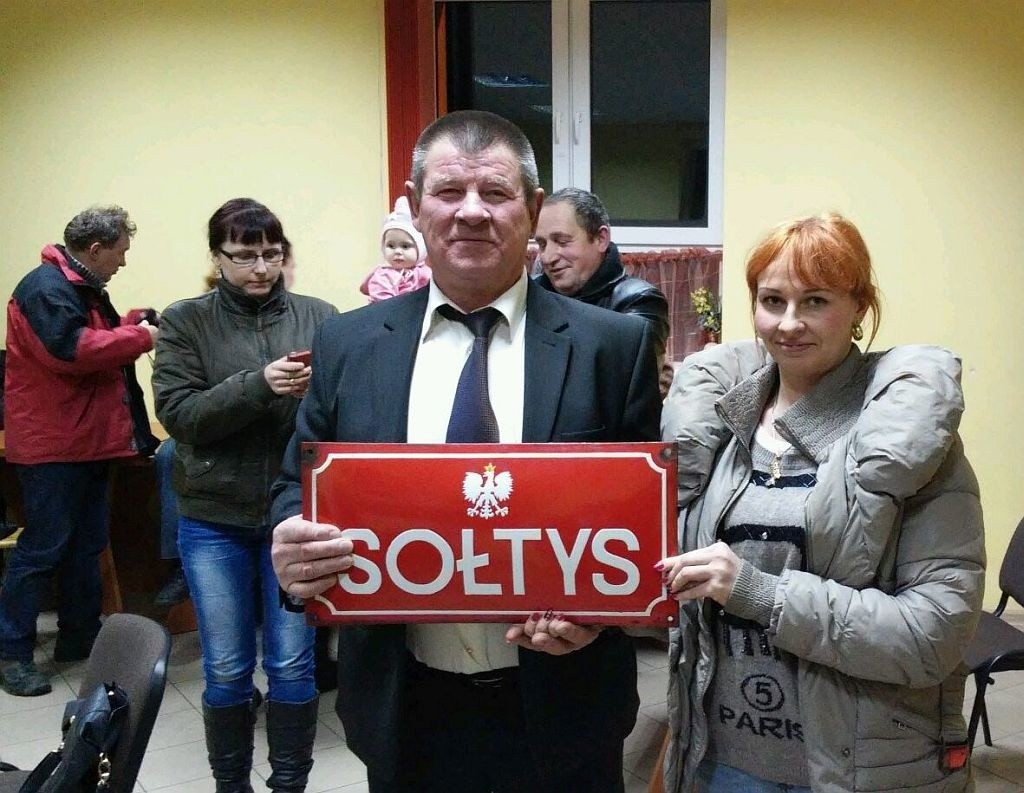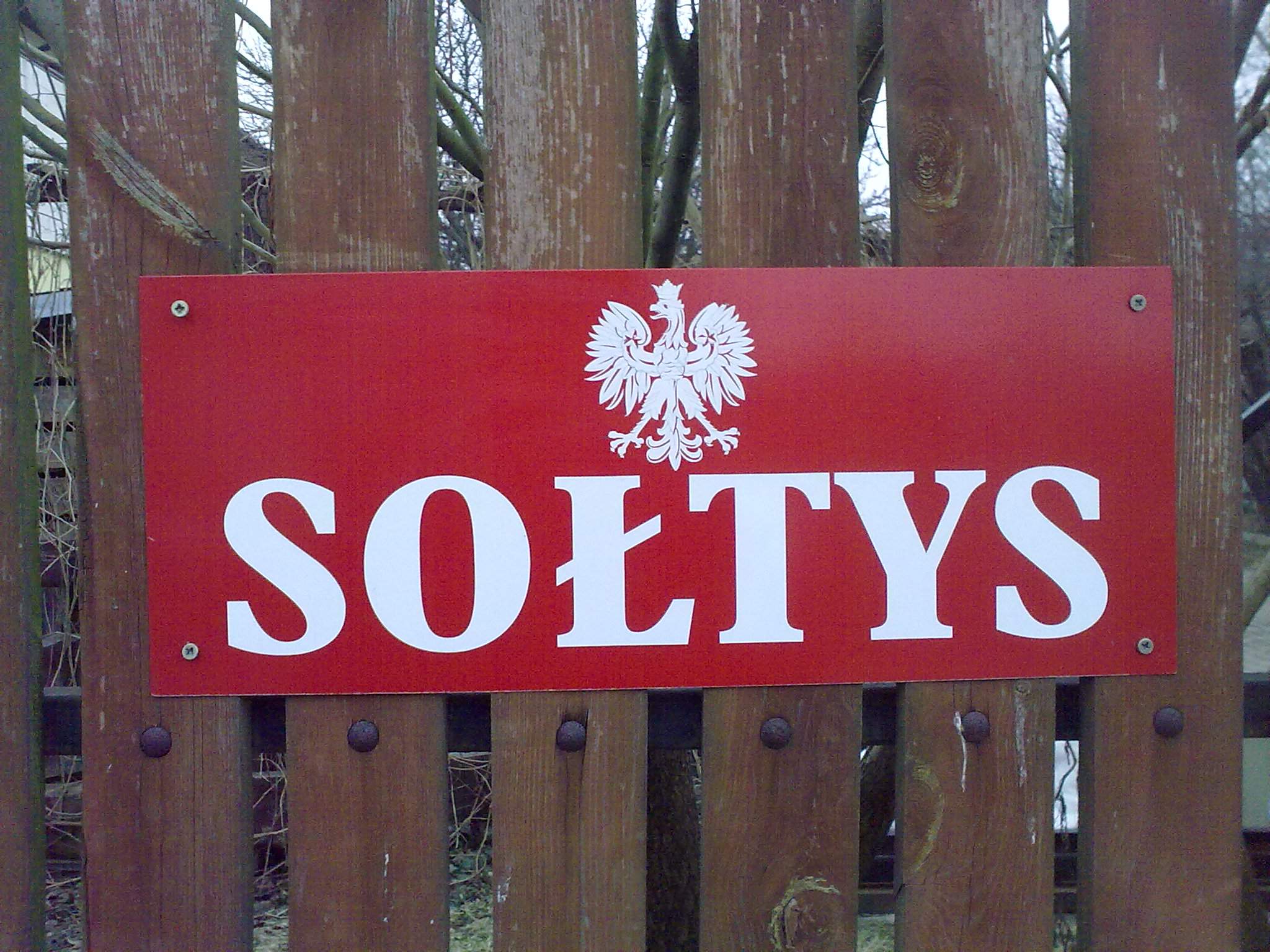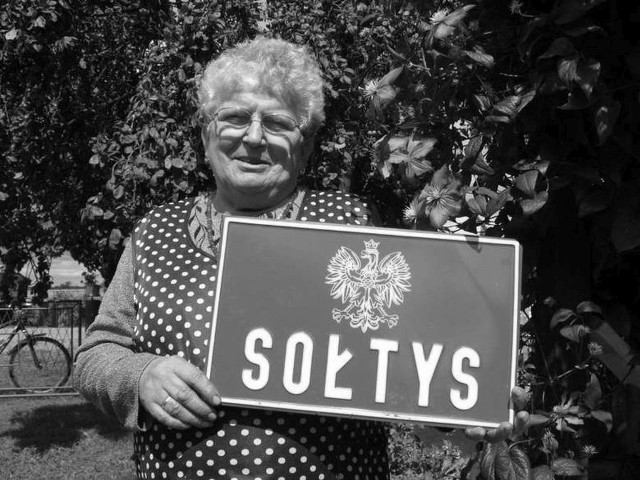|
|
Soltys
Jun 20, 2008 21:30:55 GMT 1
Post by jeanne on Jun 20, 2008 21:30:55 GMT 1
Now that I have learned the meaning of 'soltys' in the stork thread, I have a question... I have always been told that my great grandfather in Poland was the 'mayor' of his village. We don't use the word 'president' here in the US to speak of someone in charge of a town or city. Is there a translation of 'mayor' in Polish or is it used interchangably with 'president'? ...that would mean you would be saying 'mayor Bush'??  |
|
|
|
Soltys
Jun 20, 2008 21:51:05 GMT 1
Post by Bonobo on Jun 20, 2008 21:51:05 GMT 1
Now that I have learned the meaning of 'soltys' in the stork thread, I have a question... I have always been told that my great grandfather in Poland was the 'mayor' of his village. We don't use the word 'president' here in the US to speak of someone in charge of a town or city. Is there a translation of 'mayor' in Polish or is it used interchangably with 'president'? ...that would mean you would be saying 'mayor Bush'??  Polish prezydent is used in reference to the President of Poland and mayors of big cities with the population of 100.000 and more. Smaller towns are governed by burmistrz. Its English counterpart is mayor too. A group of several villages is ruled by wójt - a vogt. en.wikipedia.org/wiki/VogtOne village is led by sołtys - village mayor/president. |
|
|
|
Soltys
Jun 20, 2008 23:17:03 GMT 1
Post by jeanne on Jun 20, 2008 23:17:03 GMT 1
Now that I have learned the meaning of 'soltys' in the stork thread, I have a question... I have always been told that my great grandfather in Poland was the 'mayor' of his village. We don't use the word 'president' here in the US to speak of someone in charge of a town or city. Is there a translation of 'mayor' in Polish or is it used interchangably with 'president'? ...that would mean you would be saying 'mayor Bush'??  Polish prezydent is used in reference to the President of Poland and mayors of big cities with the population of 100.000 and more. Smaller towns are governed by burmistrz. Its English counterpart is mayor too. A group of several villages is ruled by wójt - a vogt. en.wikipedia.org/wiki/VogtOne village is led by sołtys - village mayor/president. Thanks, Bonobo!  |
|
|
|
Soltys
Feb 9, 2017 20:16:34 GMT 1
Post by Bonobo on Feb 9, 2017 20:16:34 GMT 1
Polish prezydent is used in reference to the President of Poland and mayors of big cities with the population of 100.000 and more. Smaller towns are governed by burmistrz. Its English counterpart is mayor too. A group of several villages is ruled by wójt - a vogt. en.wikipedia.org/wiki/VogtOne village is led by sołtys - village mayor/president. Thanks, Bonobo!  How do you like a typical Polish sołtys?  If you want to look like that, you can order a plaque for yourself.  |
|
|
|
Soltys
Feb 9, 2017 21:45:12 GMT 1
Post by jeanne on Feb 9, 2017 21:45:12 GMT 1
I guess he wants to make sure everyone knows who he is...anyway, I like the sign. Actually, the one he is holding looks like a license plate...it looks like it is made to go on a car...it has the holes for bolts/screws and it looks like it has been used for that purpose!
|
|
|
|
Soltys
Apr 2, 2020 10:08:13 GMT 1
Post by Bonobo on Apr 2, 2020 10:08:13 GMT 1
I guess he wants to make sure everyone knows who he is...anyway, I like the sign. Actually, the one he is holding looks like a license plate...it looks like it is made to go on a car...it has the holes for bolts/screws and it looks like it has been used for that purpose! hahaha Funny. No, the holes are for screws to fix it to a facade of a building or fence, not a car.   |
|
|
|
Soltys
Apr 2, 2020 21:36:23 GMT 1
Post by jeanne on Apr 2, 2020 21:36:23 GMT 1
Thanks for finding our discussion about what "soltys" means...I knew you would find it...  |
|
|
|
Soltys
Jun 16, 2020 9:39:10 GMT 1
Post by Bonobo on Jun 16, 2020 9:39:10 GMT 1
Thanks for finding our discussion about what "soltys" means.. Do you know what sołtyska means?  The name Sołtys is masculine. There is a problem when a woman works as one. Sołtyska is the only possibility - sounds strange but it is probably due to traditional associations in the language. I remember when we visited our remote family in local village near Krakow in 1980s - the female relative was sołtyska then.    |
|